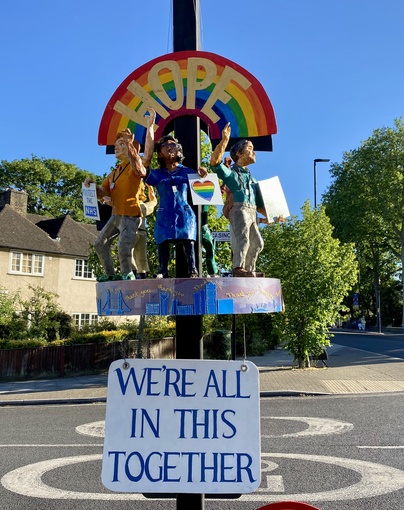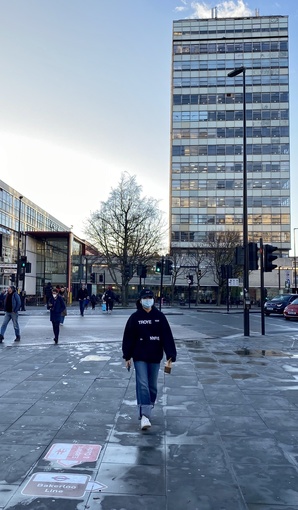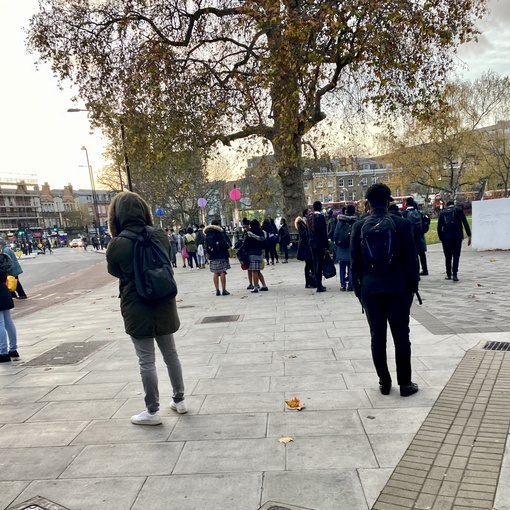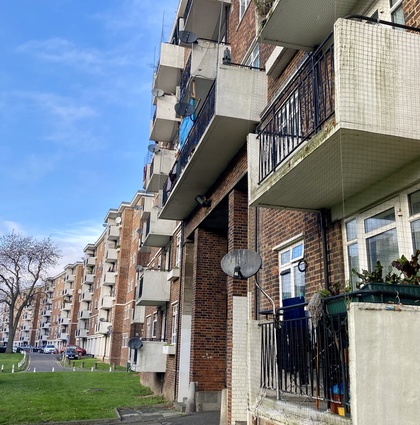
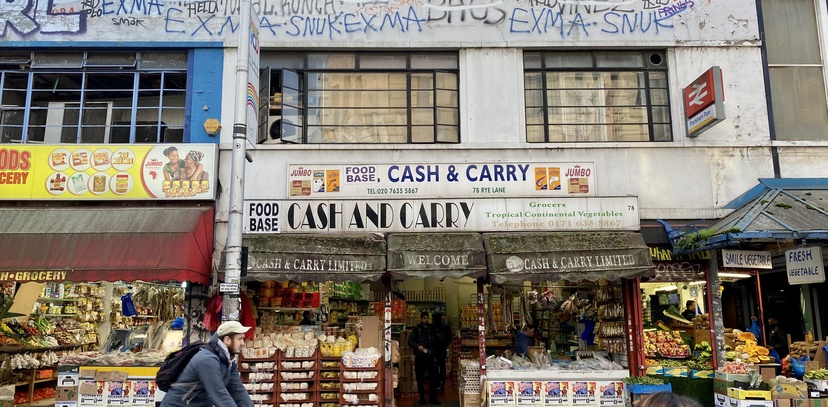
In Spring 2020 we started speaking to Southwark residents, community organisations and agencies to explore how people were experiencing their daily lives against the backdrop of the pandemic, and how experiences of COVID-19 were affecting how people thought about change in their local areas. The research was supported by Southwark Council.
A long 20 months later we are delighted to publish the reports of this research. These are based on 520 street interviews, conversations with 162 stakeholders and 90 traders, and 45 indepth interviews with residents, carried out between April 2020 and August 2021.
We looked closely at six areas going through change, at the experiences of young people and other groups that were sharply affected by the pandemic. We were keen to hear the stories of how people from different backgrounds and life circumstances were coping with this extraordinary time.
In April 2020, when we started work, we had no idea how long the pandemic would last, and what it’s impact would be. But we could see that sudden lockdown and the end of face to face contact were silencing the voices of local communities. This was making it harder for them to influence decisions about what was going on in their neighbourhoods. Alongside our awareness of the health, social and economic challenges facing local communities we had growing concerns about how to capture thoughts and experiences of people as they navigated these extraordinary times, and when social contact was sharply limited.
The Southwark research emerged out of our strong belief that place-based research is critical to shed light on local needs, assets, and support policy responses. But we had to think carefully about how to carry out our work to keep researchers and participants safe. Health protocols were developed to ensure the safety of research participants and researchers. We designed new qualitative approaches to gather rich and comprehensive data despite the circumstances, enabling us to overcome some pandemic constraints.
We would like to express our gratitude to the local residents, stakeholders and traders who shared their knowledge, hopes and fears with us. The research would not have been possible without their expertise and time. We hope the conclusions of the research will help bring about the changes they would like to see in their local areas.
For Southwark Council, the goal of this research was to shape neighbourhood and social regeneration work in the future, to feed into strategies to improve health and wellbeing, and reduce inequalities across the borough. We focused on the neighbourhoods and residents that were most likely to be affected by change and regeneration and, within these, spoke to the people likely to be most sharply affected by change.
The research reveals how problems that existed before March 2020 were amplified by the impact of the pandemic, highlighting both the inequalities already present across Southwark but also the valuable assets that supported communities during crisis. The pandemic exacerbated food poverty, with the sudden loss of employment or inability to work adding to the economic precarity that many families across the borough already faced.
In the first months of the pandemic, existing and new networks and groups mobilised community resources to support people who were struggling financially and with their wellbeing. This collective effort ensures that people in need were supported and the situation also triggered the emergence of dynamic networks of support. However by summer 2021 there were reports of a decrease in volunteering and more fears were articulated that “the new normal” will erase the role local support groups played during the first months of the pandemic.
These and many other issues are at the heart of the accounts you can find in the reports. The voices of the people and groups we spoke to can be heard throughout their pages, highlighting both local resourcefulness and challenges. We hope these voices will shed light on how we can build an equitable and sustainable COVID-19 recovery and fairer approaches to change across the borough.
To find out more, read our reports:
